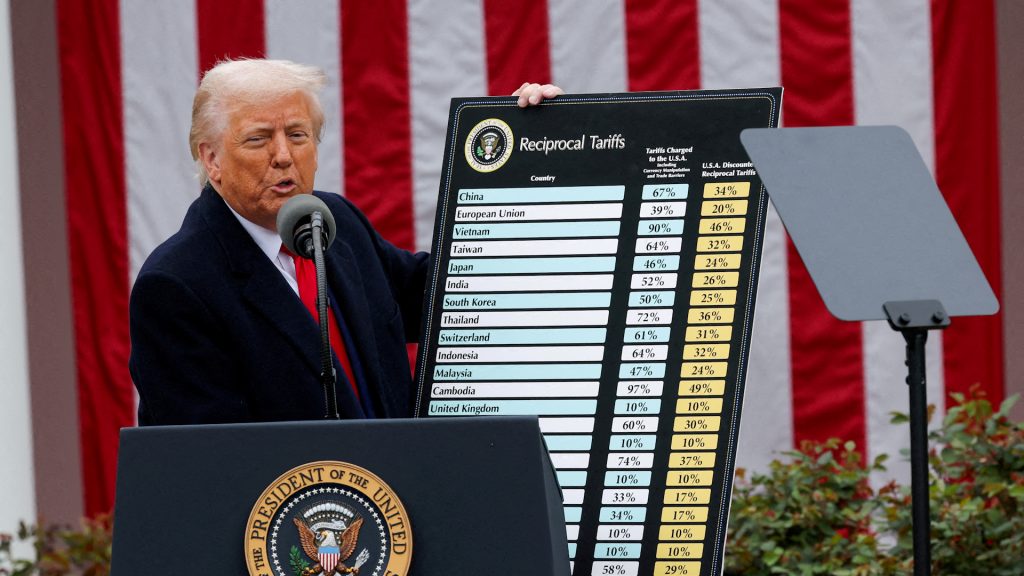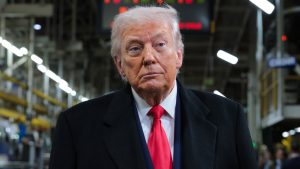12 states sue Trump over tariffs, say emergency powers don’t cover trade
Ella Greene April 24, 2025 0
Twelve U.S. states have sued the Trump administration, claiming President Donald Trump violated the Constitution by using emergency powers to impose global tariffs. The lawsuit argued that Trump overstepped his legal authority under the International Emergency Economic Powers Act of 1977 by bypassing Congress to enact trade policy.
New York’s governor and attorney general have led the lawsuit filed in the U.S. Court of International Trade.
What is the basis of the legal challenge?
The lawsuit argues that only Congress possesses the constitutional power to impose tariffs and taxes and that the IEEPA never granted presidents sole authority over trade policy. The states argue the administration’s tariffs lack clear justifications and omits findings required to declare a national emergency.
They say Trump’s approach has caused widespread economic harm, driving up prices and creating uncertainty for businesses.
The states involved
The coalition includes Arizona, Colorado, Connecticut, Delaware, Illinois, Maine, Minnesota, Nevada, New Mexico, Oregon, Vermont and New York. Officials claim tariffs harmed local economies, increasing consumer costs and threatening agriculture, manufacturing and retail.
Oregon Attorney General Dan Rayfield told the New York Times the tariffs have driven up prices “from the checkout line to the doctor’s office.”
What triggered the legal action?
The tariff lawsuit follows Trump’s announcement on April 2, which imposed a 10% baseline import tax on goods from over 180 countries. The U.S. imposed tariffs as high as 145% on Chinese goods and 25% on imports from Canada and Mexico.
Trump claimed the measures were part of securing better trade deals. Later, he paused the tariffs for 90 days, except on China. He stated that new negotiations were underway.
What is the White House’s response?
White House spokesman Kush Desai dismissed the lawsuit as a partisan move. He called it a “witch hunt” by Democratic attorneys general. He defended the administration’s legal authority under IEEPA, citing national security threats such as drug trafficking, illegal immigration and the U.S. trade deficit.
The White House maintains that Trump’s actions fall within his rights to respond to extraordinary foreign threats.
How have others responded to the tariffs?
Legal groups and tribal members have filed additional lawsuits challenging the administration’s tariff strategy.
Two members of the Blackfeet Nation sued over tariffs on Canadian goods, citing violations of tribal treaty rights. Legal organizations, including the Liberty Justice Center and the New Civil Liberties Alliance, have also launched challenges.
Ella Rae Greene, Editor In Chief
Ella Greene
Ella and the staff at Clear Media Project (CMP) curate these articles.
Unless otherwise noted CMP does not write these articles.
The views, thoughts, and opinions expressed in the articles published on this blog belong solely to the original authors and do not necessarily reflect the views of the blog owner. The blog owner does not claim ownership of the content shared by contributors and is not responsible for any inaccuracies, errors, or omissions.
All rights and credits goes to its rightful owners. No Copyright Infringement is intended. If you believe any content infringes on your rights, please contact us for review and potential removal.





